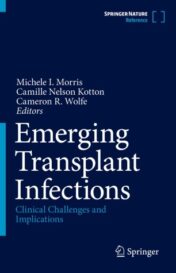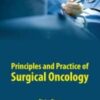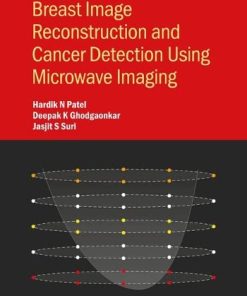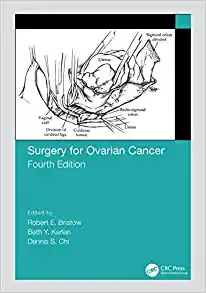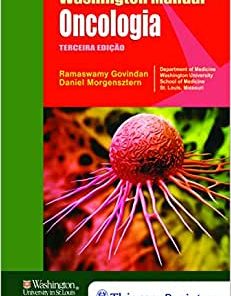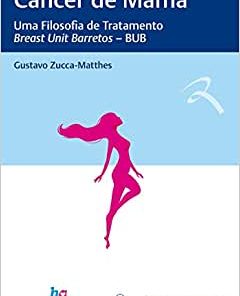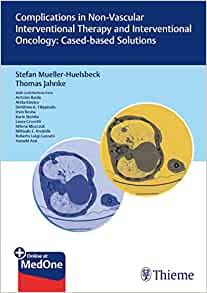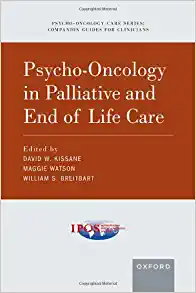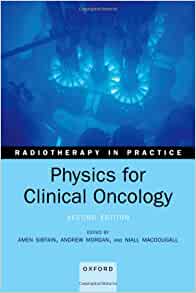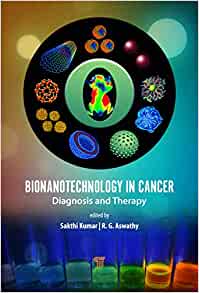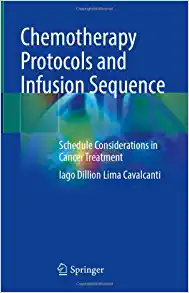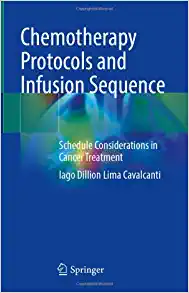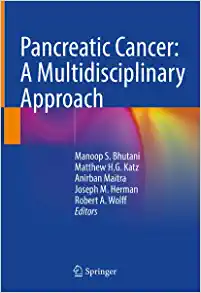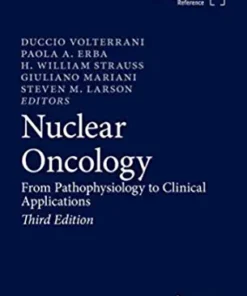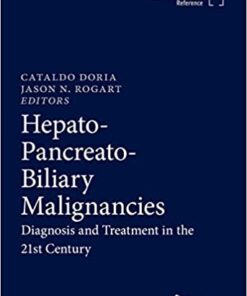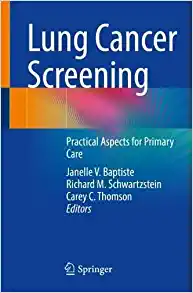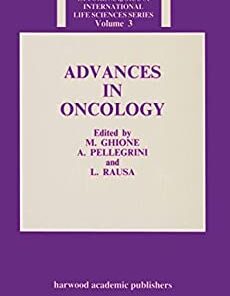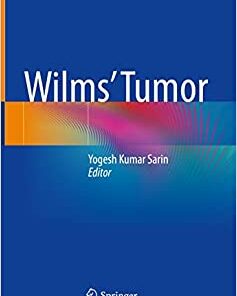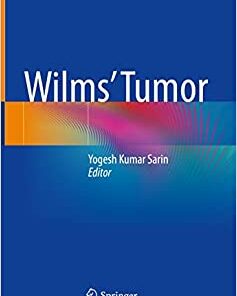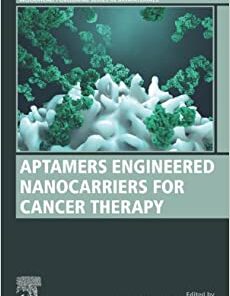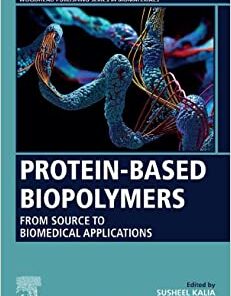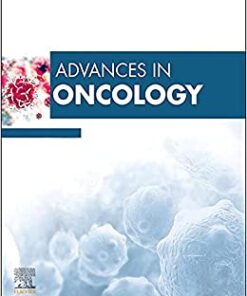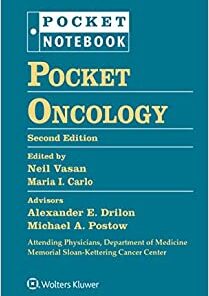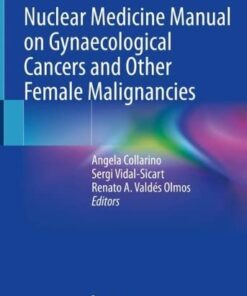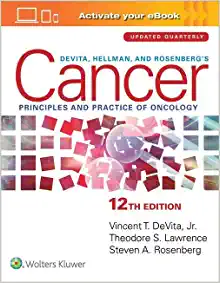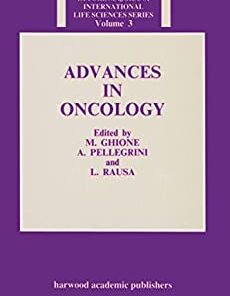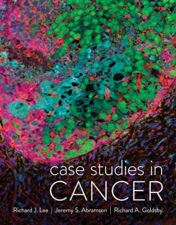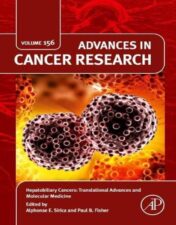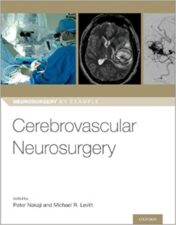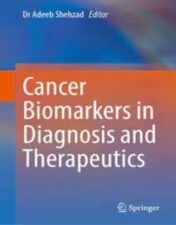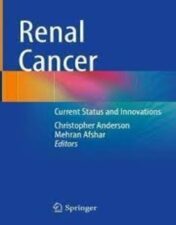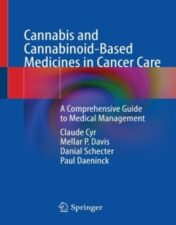Please log in to purchase this product.
Emerging Transplant Infections Clinical Challenges and Implications 2020 ORIGINAL PDF
Please log in to view the price.
Emerging Transplant Infections Clinical Challenges and Implications 2020 ORIGINAL PDF
The field of transplant medicine has evolved significantly since the first kidney transplant was performed in 1954. Innovations in transplant immunosuppression have lowered the risk of organ rejection so that infectious complications are now the leading cause of hospitalization and mortality after solid organ transplant. Infection is also cited as the leading cause of non-relapse mortality after stem cell transplantation. As transplant centers have recognized the importance of transplant specific expertise in patient outcomes, the field of transplant infectious diseases has expanded into a recognized and highly valued subspecialty. International growth in solid organ and stem cell transplantation has outpaced access to such expertise, with some centers employing microbiology laboratory directors and transplant nephrologists as their lead infectious diseases consultants. This has been a particular challenge as the use of novel immunosuppressive regimens in new geographic and immigrant populations have fueled the emergence of new infection syndromes, with the initial presentation sometimes occurring in this most vulnerable patient population.
This digital-first book is designed to meet the needs of practitioners engaged in transplant infectious disease practice who need more depth than they are able to find in UpToDate. It provides an overview of emerging infectious disease challenges with clinically relevant information regarding the epidemiology, diagnosis, management, and prevention of infections in solid organ and stem cell transplant recipients. Each chapter focuses on a clinical syndrome or pathogen with new or emerging implications for transplant patients.
Given the rapidly evolving nature of emerging infections and topics in transplant infections, no resource has been published on these increasingly notorious issues; this this text is written by top, global experts who regularly update the material to ensure that readers will always have access to the most cutting edge material available.
The editorial team consists of three experienced leaders in the field, all of whom have a strong record of scholarship and publication, as well as an international reputation. All three have focused their academic careers on emerging infectious diseases in transplantation, including a current and a past president of various infectious diseases and transplantation societies. The editors are also experienced reviewers and authors who have collaborated on multiple previous projects. All are committed to this project as a unique opportunity to make an important contribution to their field.
Related Products
ONCOLOGY BOOKS
ONCOLOGY BOOKS
ONCOLOGY BOOKS
ONCOLOGY BOOKS
ONCOLOGY BOOKS
ONCOLOGY BOOKS
ONCOLOGY BOOKS
ONCOLOGY BOOKS
ONCOLOGY BOOKS
Physics for Clinical Oncology (Radiotherapy in Practice), 2nd Edition (Original PDF from Publisher)
ONCOLOGY BOOKS
ONCOLOGY BOOKS
Chemotherapy Protocols and Infusion Sequence: Schedule Consideration in Cancer Treatment (EPUB)
ONCOLOGY BOOKS
ONCOLOGY BOOKS
ONCOLOGY BOOKS
Handbook of Oxidative Stress in Cancer: Therapeutic Aspects (Original PDF from Publisher)
ONCOLOGY BOOKS
ONCOLOGY BOOKS
Lung Cancer Screening: Practical Aspects for Primary Care (Original PDF from Publisher)
ONCOLOGY BOOKS
ONCOLOGY BOOKS
ONCOLOGY BOOKS
ONCOLOGY BOOKS
ONCOLOGY BOOKS
Advances in Oncology, 2022 (Volume 2-1) (Advances, Volume 2-1) (Original PDF from Publisher)
ONCOLOGY BOOKS
Managing Immunotherapy Related Organ Toxicities: A Practical Guide (Original PDF from Publisher)
ONCOLOGY BOOKS
ONCOLOGY BOOKS
ONCOLOGY BOOKS
The Systemic Effects of Advanced Cancer: A Textbook on Cancer-Associated Cachexia (EPUB)
ONCOLOGY BOOKS
Nuclear Medicine Manual on Gynaecological Cancers and Other Female Malignancies (EPUB)
ONCOLOGY BOOKS
Lung Cancer: Your Questions & Expert Answers, 5th Edition (Original PDF from Publisher)
ONCOLOGY BOOKS
ONCOLOGY BOOKS
Internal Medicine Books
The PassMachine Medical Oncology Board Review 2020 (v5.1) (Beattheboards) (Lectures)
ONCOLOGY BOOKS
ONCOLOGY BOOKS
ONCOLOGY BOOKS
ONCOLOGY BOOKS
ONCOLOGY BOOKS
ONCOLOGY BOOKS
Cancer Biomarkers: Clinical Aspects and Laboratory Determination 2022 Epub+converted pdf
ONCOLOGY BOOKS
Fundamentals of Ionizing Radiation Dosimetry: Solutions to the Exercises 2017 Original PDF
ONCOLOGY BOOKS
Breast Cancer Radiation Therapy: A Practical Guide for Technical Applications 2022 Original PDF
ONCOLOGY BOOKS
ONCOLOGY BOOKS
ONCOLOGY BOOKS
Advanced Skin Cancer A Case-Based Approach 2022 Original pdf
ONCOLOGY BOOKS
Washington & Leaver’s Principles and Practice of Radiation Therapy, 5th Edition 2021 Original PDF
ONCOLOGY BOOKS
ONCOLOGY BOOKS
ONCOLOGY BOOKS
ONCOLOGY BOOKS
Clinical Management of Acute Lymphoblastic Leukemia From Bench to Bedside 2022 Original pdf
ONCOLOGY BOOKS
ONCOLOGY BOOKS
ONCOLOGY BOOKS
ONCOLOGY BOOKS
Machine and Deep Learning in Oncology, Medical Physics and Radiology 2022 Original pdf
ONCOLOGY BOOKS
Targets of Cancer Diagnosis and Treatment Ion Transport in Tumor Biology 2022 Original pdf
ONCOLOGY BOOKS
ONCOLOGY BOOKS
Tumor Suppressor Par-4 Structural Features, Molecular Mechanisms and Function 2022 Original pdf
ONCOLOGY BOOKS
ONCOLOGY BOOKS
ONCOLOGY BOOKS
ONCOLOGY BOOKS
ONCOLOGY BOOKS
Water-filtered Infrared A (wIRA) Irradiation From Research to Clinical Settings 2022 Original pdf
ONCOLOGY BOOKS
ONCOLOGY BOOKS
Clinical Nuclear Medicine in Neurology An Atlas of Challenging Cases 2022 Original pdf

